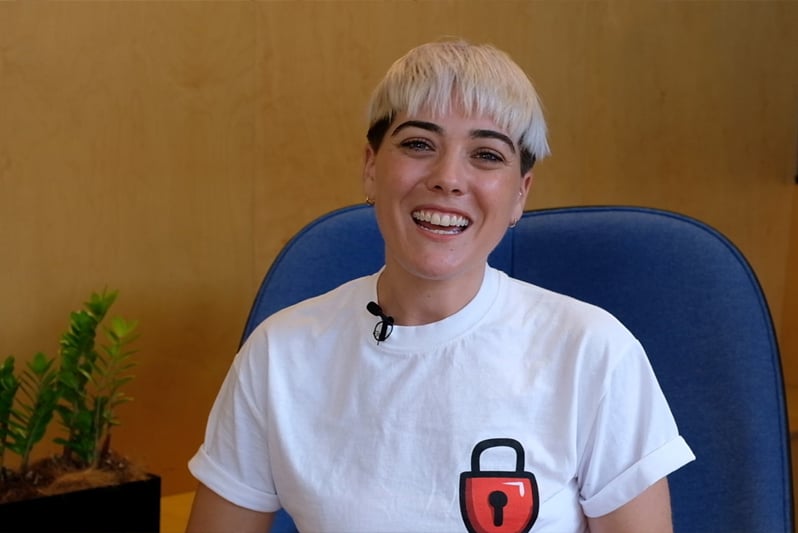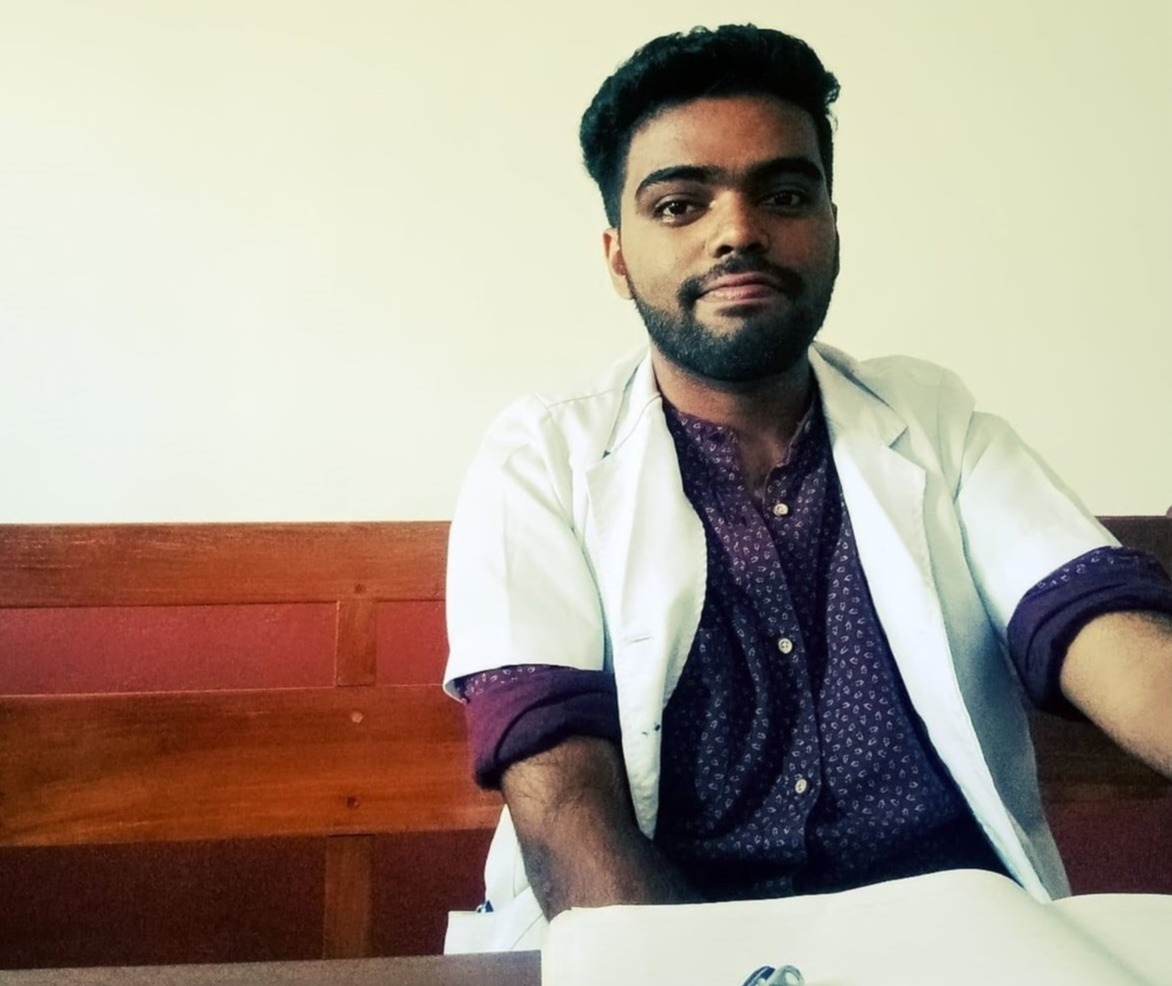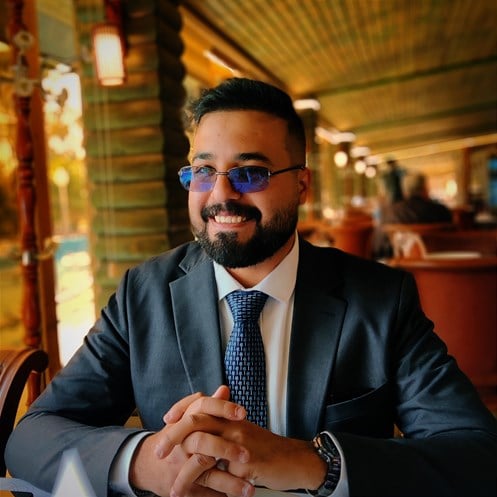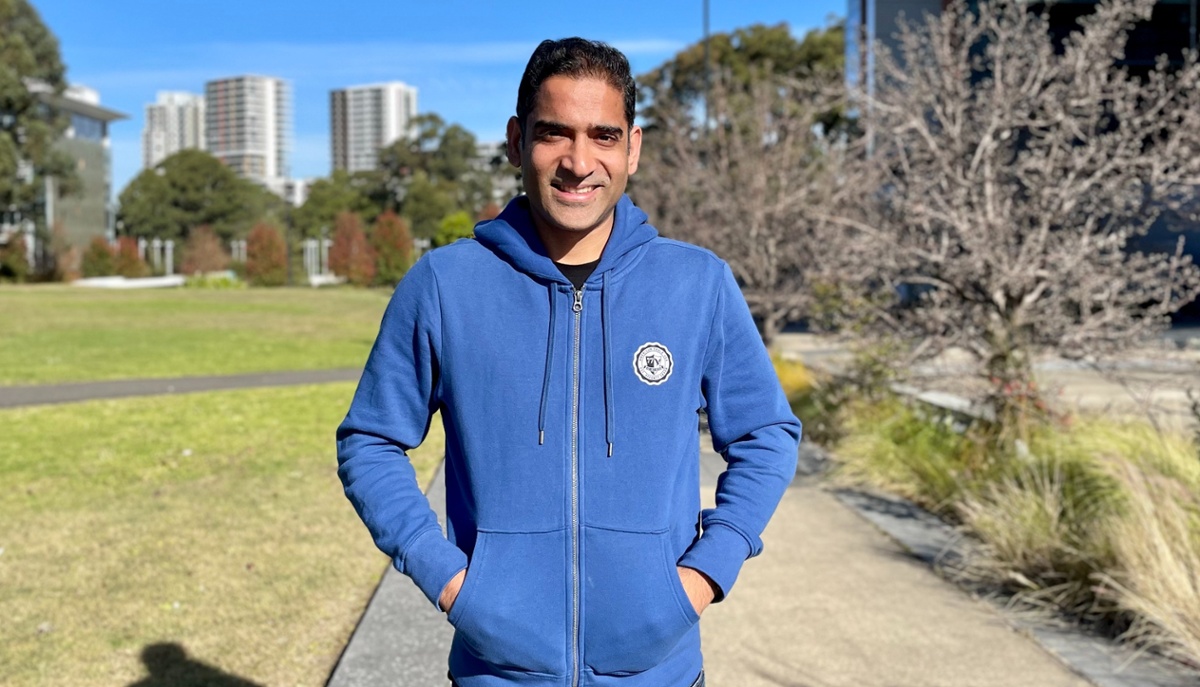Stories
A problem shared: 3 female founders tap community to solve business challenges
2 min read
A problem shared: 3 female founders tap community to solve business challenges
Dr Sarah Jones 23 June 2023

It’s no secret that female founders still face greater challenges getting their businesses off the ground than their male counterparts. Indeed, new research has illuminated the “gaping hole in support for funding women-led businesses in general,” says Nicole Cook, CEO of SBE Australia, Australia’s peak body for supporting women entrepreneurs.
At the Sydney School of Entrepreneurship (SSE), we are driven by a belief that entrepreneurship is a powerful catalyst for change and our Digital Internship Program aims to contribute to this change by harnessing the ideas and energy of aspiring entrepreneurial thinkers to help solve the real-world business challenges of three female-led startups.
At SSE, our aim is to empower more individuals with the skills needed to create improved outcomes and futures for themselves. The Digital Internship Program is open to anyone who’s keen to engage in lifelong learning, better understand the world of entrepreneurship, and develop sought-after, transferable skills recognised through a digital credential. This program is self-paced, free of charge, and all participants gain a verified microcredential upon completion. (The Albanese Labor government has commended microcredentials as one of the pathways to addressing Australia’s significant skills gap).
 Startup life, highs and lows
Startup life, highs and lows
Ask a group of founders what they love about being in business and they’ll generally agree: launching a new idea or business is an opportunity to make a real difference and add value to people’s lives. No two days are the same. You get to create your own thriving company culture, build the team of your dreams, and set in motion a potentially lifelong career in innovation or leadership.
Yet for every exciting day of collaboration and innovation, wherever you are in your startup journey, there are new challenges to overcome. Problems to solve. Growth roadblocks to navigate. Tackling these challenges is where the growth, development and progress lie. Just ask Danielle Owen Whitford, founder and CEO of Pioneera, an award-winning tech startup that uses a world-first approach to combining AI and psychology to prevent workplace burnout.
The best kind of growing pains
“Though Pioneera has built a roster of premium clients including ANZ and ING, scaling is our biggest challenge. So we’re excited to now be tapping into other budding entrepreneurs’ minds via SSE’s Digital Internship Program to help us identify possible future partnerships and explore partnership models that enable us to expand our national and global reach.”
The Digital Internship Program, designed in collaboration with Australia’s Tech Central in Sydney and the Greater Cities Commission, provides participants with a free, self-paced, and fully online program that gives them real-world insights into – and practical business experience with – three innovative, high-impact startups.
Tash Jamieson is the dynamic founder and CEO of another of the program’s partner startups, edutech Lockpick Games, which prepares children for standardised tests by harnessing their love for gaming.
“We’ve had a huge amount of support since we launched,” Tash explains, “but now, with the input and energy from internship participants, we can really delve more deeply into our customers’ pain points to help us define how we communicate with them and develop a plan for Lockpick Games and the way we grow.”
 Marketing and brand building on a budget
Marketing and brand building on a budget
The third pioneering female-led startup involved in SSE’s program is Arula, which harnesses 3D technology to print external breast prostheses for women who have had mastectomies due to breast cancer. Says founder Steph Weiss, “Right now we’re doing secondary testing, so we’re looking to get enough users to be able to go to market in the next few months.”
Like so many startups and small businesses, Arula’s biggest challenge is marketing on a tight budget. “We’ve tried several avenues already,” explains Steph, “including Facebook ads, self-promotion, and word of mouth, so we’re excited to now be receiving support from program participants by way of fresh marketing strategies to increase brand awareness and sign-ups.”
Upon successful completion of the program, all participants will receive an industry-recognised, digital microcredential badge that identify learning outcomes and demonstrated skills; a certification that can be shared online and verified in real-time.
By Dr Sarah Jones. Article originally published in Women's Agenda.


